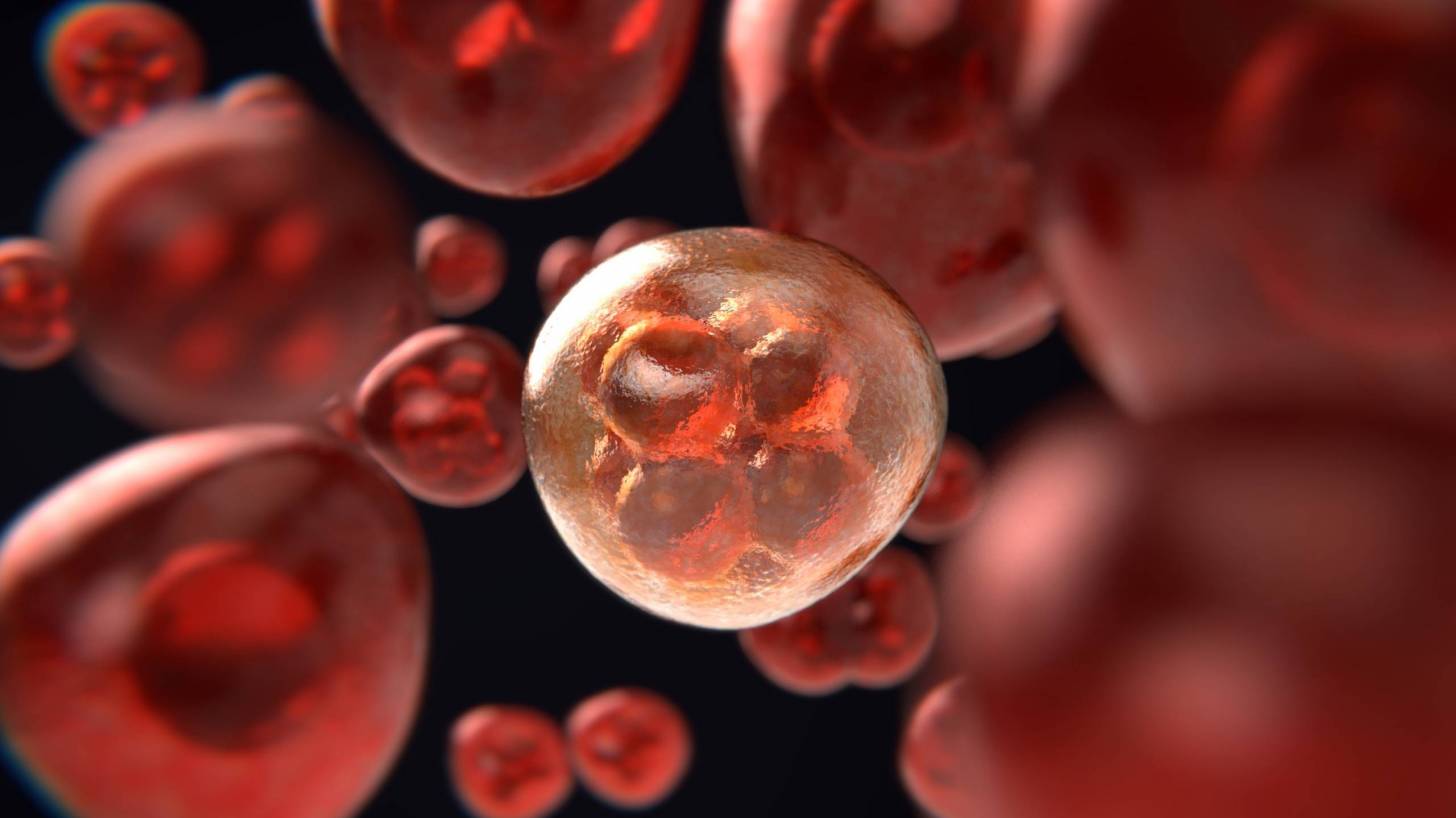Bill Gates Predicts Precision Cancer Vaccines Have A Bright Future

Bill Gates recently had a conversation with MIT Technology Review’s editor in chief Gideon Lichfield regarding Gates picks for the 10 Breakthrough Technologies.
This conversation published on February 27, 2019, highlighted Gates perspective on the future of ‘precision cancer vaccines.’
This conversation is important since cancer deaths in the USA are expected to reach 630,000 in 2020, says the Centers for Disease Control and Prevention.
An excerpt from this MIT conversation is below:
‘Scientists are on the cusp of commercializing the first personalized cancer vaccine. If it works as hoped, the vaccine, which triggers a person’s immune system to identify a tumor by its unique mutations, could effectively shut down many types of cancers.
By using the body’s natural defenses to selectively destroy only tumor cells, the vaccine, unlike conventional chemotherapies, limits damage to healthy cells.
The attacking immune cells could also be vigilant in spotting any stray cancer cells after the initial treatment.
The possibility of such vaccines began to take shape in 2008, five years after the Human Genome Project was completed when geneticists published the first sequence of a cancerous tumor cell.
Soon after, investigators began to compare the DNA of tumor cells with that of healthy cells—and other tumor cells. These studies confirmed that all cancer cells contain hundreds if not thousands of specific mutations, most of which are unique to each tumor.
A few years later, a German startup called BioNTech provided compelling evidence that a vaccine containing copies of these mutations could catalyze the body’s immune system to produce T cells primed to seek out, attack, and destroy all cancer cells harboring them.
In December 2017, BioNTech began a large test of the vaccine in cancer patients, in collaboration with the biotech giant Genentech.
The ongoing trial is targeting at least 10 solid cancers and aims to enroll upwards of 560 patients at sites around the globe.
The two companies are designing new manufacturing techniques to produce thousands of personally customized vaccines cheaply and quickly.
That will be tricky because creating the vaccine involves performing a biopsy on the patient’s tumor, sequencing and analyzing its DNA, and rushing that information to the production site.
Once produced, the vaccine needs to be promptly delivered to the hospital; delays could be deadly.’
Reported by Adam Piore.
Our Trust Standards: Medical Advisory Committee


























